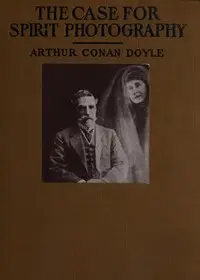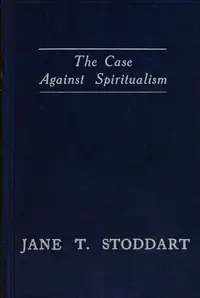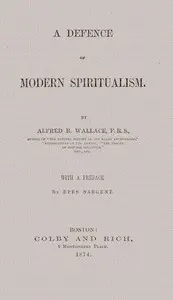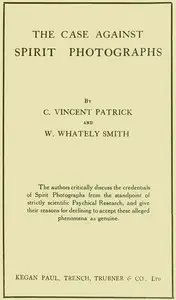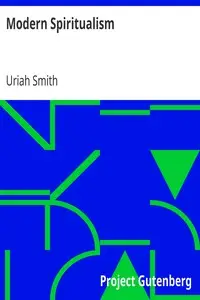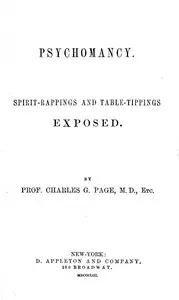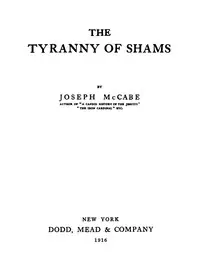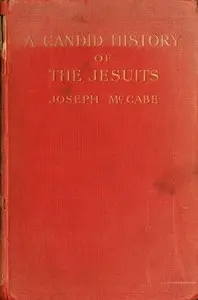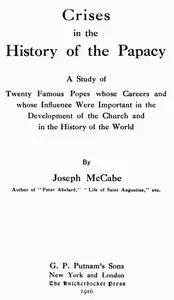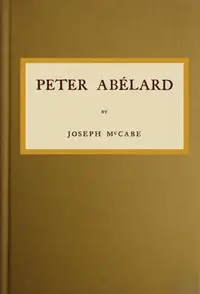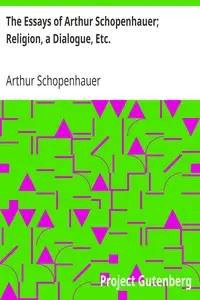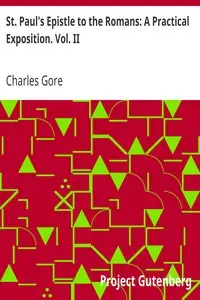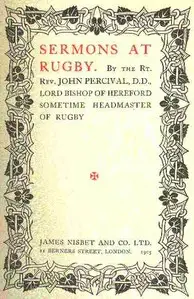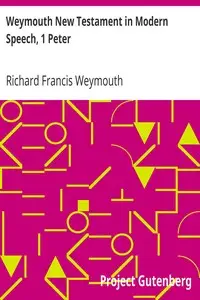"Is Spiritualism Based on Fraud?" by Joseph McCabe is a forceful takedown of Spiritualism's core beliefs, looking closely at the supposed facts around mediums and contact with the dead. The story kicks off with the setting for a fierce argument between the author and Sir Arthur Conan Doyle, and the book then goes into a deep review of common Spiritualist practices, pointing out how many so-called gifted individuals have been caught faking things. McCabe makes it clear that these cons often target those dealing with loss, tricking them during vulnerable moments. With a tone of deep skepticism, the author uses the continued finding of fraudulent behavior to suggest that Spiritualism, itself, is basically built on deception. The claims and counterclaims in the book highlight the intense social back-and-forth happening at the time, showing a world struggling to balance the supernatural with the truth.
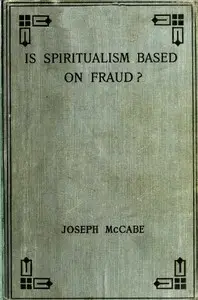
Is Spiritualism Based on Fraud? The Evidence Given by Sir A.C. Doyle and Others Drastically Examined
By Joseph McCabe
A controversial debate ignites as one author attempts to reveal how alleged contact with the afterlife is nothing more than a calculated deception run by con artists targeting the grieving.
Summary
About the AuthorJoseph Martin McCabe was an English writer and speaker on freethought, after having been a Roman Catholic priest earlier in his life. He was "one of the great mouthpieces of freethought in England". Becoming a critic of the Catholic Church, McCabe joined groups such as the Rationalist Association and the National Secular Society. He criticised Christianity from a rationalist perspective, but also was involved in the South Place Ethical Society which grew out of dissenting Protestantism and was a precursor of modern secular humanism.
Joseph Martin McCabe was an English writer and speaker on freethought, after having been a Roman Catholic priest earlier in his life. He was "one of the great mouthpieces of freethought in England". Becoming a critic of the Catholic Church, McCabe joined groups such as the Rationalist Association and the National Secular Society. He criticised Christianity from a rationalist perspective, but also was involved in the South Place Ethical Society which grew out of dissenting Protestantism and was a precursor of modern secular humanism.

